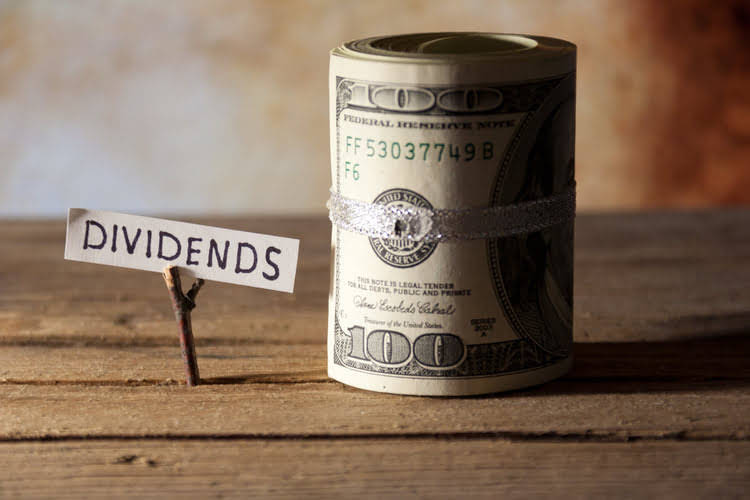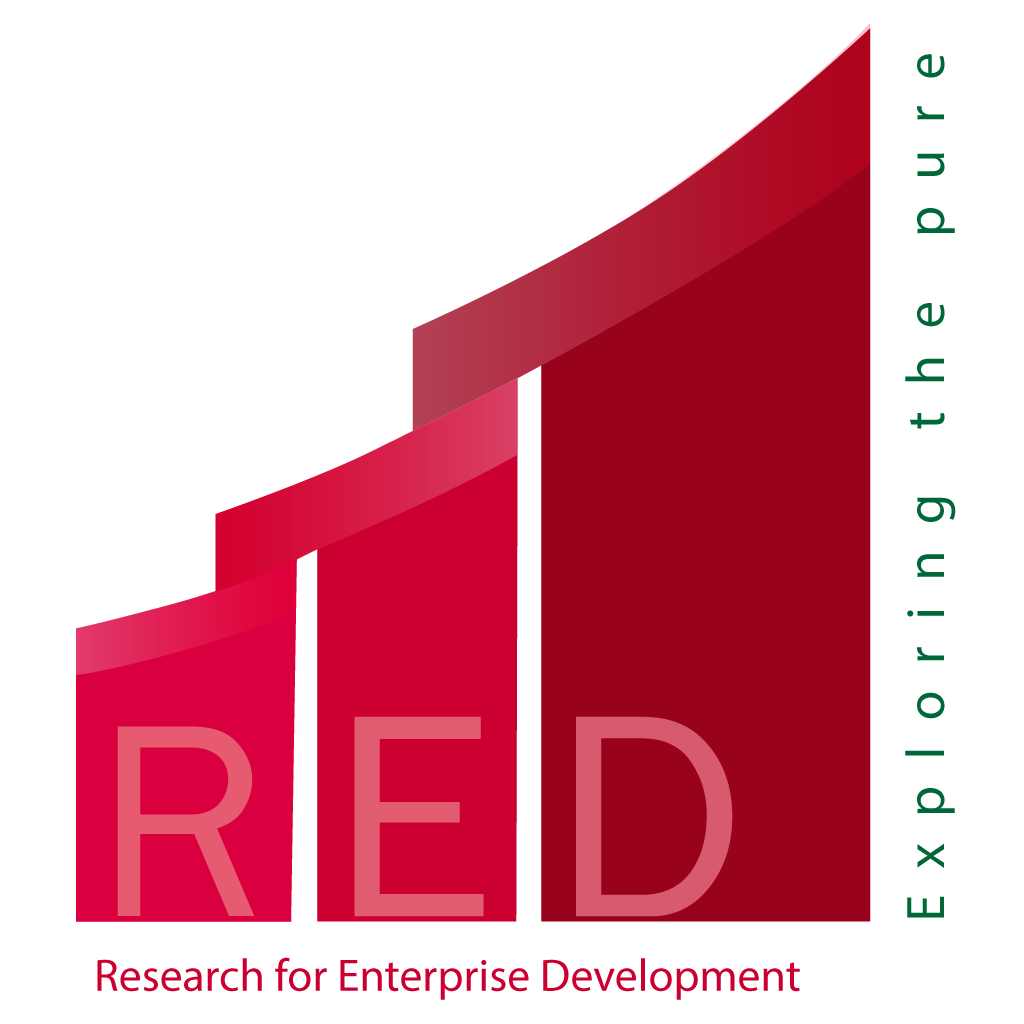
Hal also points to OPS (other people’s skills) as a reason to get bookkeeping help sooner than later. The business owner is an expert in their business, and a good bookkeeper is an expert in processes and accounting. It’s worth the money to use OPS to do the things that you might not be good at or enjoy so that you can focus on what’s really important—your business. As the month moves along, bookkeepers match transactions in their accounting software to transactions coming in through the bank feed. Accounting also involves reporting these findings to tax collectors and regulators.
Bookkeeping vs. accounting
To make things easier, many companies opt to use bookkeeping software to keep track of their financial history. Whether you are an international enterprise or a growing business, managing payroll and bookkeeping on your own can feel like a daunting task. Visory’s team of experts understands the differences between payroll and bookkeeping and can help you assess what your business needs.
Complete Essential Paperwork

Some of the most in-demand accounting jobs are accounting manager, accounts payable specialist, accounts receivable specialist, corporate controller, senior accountant, and staff accountant. Bookkeepers who are interested in switching jobs but do not have a college degree might consider becoming an EA bookkeeping and payroll services after a stint with the IRS. This job doesn’t require a college degree, only five years of tax experience with the IRS. If you are already a CPA, you can act as an enrolled agent without passing the exam. If you are interested in becoming an accountant, it may be beneficial to your career to become a certified public accountant (CPA), which has its own exam. We’ve listed some of the key differences when it comes to the requirements and job market for each.
What is the difference between a bookkeeper and an accountant?
Remember that regardless of what type of accounting you do, the information does not exist in a vacuum. Corporations have sometimes found that increased wages save money by reducing high retraining costs. CPAs may specialize gross vs net in different practice areas, such as tax, auditing, personal finance planning, or business valuation services. Even if an accountant has a degree and a certification, it doesn’t mean they are a better choice than a bookkeeper with sufficient experience. Bookkeeping is the regular monitoring of an organization’s financial transactions.
- These statements provide a comprehensive picture of a company’s financial health, profitability, and overall performance over a specific period.
- But a record of tax payments will show unemployment taxes listed alongside any taxes the employee paid.
- If you find that you have a talent for and enjoy the process, you may consider starting your own bookkeeping business providing this service to others.
- This handbook will provide a comprehensive overview of fundamental concepts in accounting, bookkeeping, and payroll.
- However, having an accountant take on the bookkeeper’s role is usually an exception rather than the rule.

The duties of a bookkeeper typically include data entry, checking their data against other documents, and producing regular reports on their company’s financial position. Now that you understand how bookkeeping and accounting differ, it’s time to decide which one is right for your business. While this decision is personal and depends on your needs and business goals, here are some signs it’s time to outsource your bookkeeping and accounting needs. Unlike accountants, bookkeepers don’t need specific licenses, certifications, or formal education. Many experienced and knowledgeable bookkeepers honed their skills with on-the-job training.

- Some of the most in-demand accounting jobs are accounting manager, accounts payable specialist, accounts receivable specialist, corporate controller, senior accountant, and staff accountant.
- These steps require a more in-depth understanding of finances, so an accountant will typically perform them.
- Alongside assigning the proper duties, knowing the differences between different roles can make any accounting process more efficient.
- This job doesn’t require a college degree, only five years of tax experience with the IRS.
- This content is for information purposes only and should not be considered legal, accounting, or tax advice, or a substitute for obtaining such advice specific to your business.
- A bookkeeper will complete these steps and use the chart of accounts to post every journal entry and financial transaction within the general ledger.
However, bookkeepers will face pressure from automation and technology that will reduce the demand for such workers. In that journal entry, you’re recording all of the deductions you have to take, as a business owner, from the employee’s check. For transparency and visibility, employees can find these deductions on their pay stubs. Taxes and other deductions are based on the forms your employees fill https://www.bookstime.com/ out. The forms will tell you how much of an employee’s wages you should deduct each pay period.

Intuit Talent Acquisition
To become an EA, they have to pass a 3-part comprehensive exam covering individual and business tax returns or have experience working for the IRS. These programs are beneficial for new bookkeepers who don’t have much real-world professional experience, but hiring a bookkeeper without one of those credentials can be just as effective for your business. Here’s a quick summary of notable differences (and a few similarities) between bookkeeping and accounting. The allotted compensation can significantly impact employee retention and your business’ cash flow.
